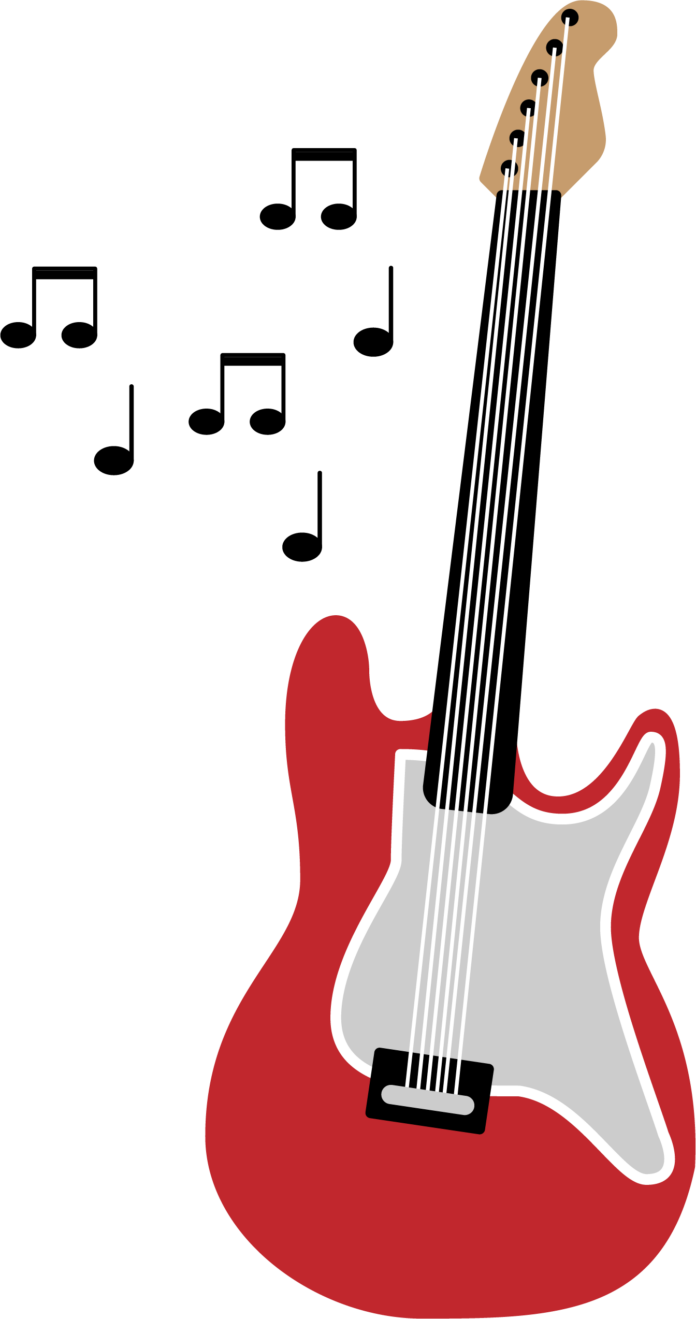For my 21st birthday a few days ago I received a banjo. I had never played this instrument before, but I was enamored with its snappy tones and wanted to give it a go.
As I held the hefty wood and steel in my arms and contorted my fingers into a rudimentary plucking position, the notes came out off-kilter. I’m totally out of my depth, but I restrained myself from an automatic critical reaction. Instead, I tried my best to consider the potential of this beautiful instrument and the hours I’ll spend with my fingers pressed against the purpleheart fretboard.
Learning to play an instrument is a wonderful way to exercise one’s mind and creativity. It requires the player to build up both mental and muscle memory. Focusing on learning the musical language of an instrument allows one to block out the distractions and stressors of life. Plus, there’s an element of fun in producing noise, no matter how it sounds.
Playing an instrument can be a solo or collaborative activity. When you want time to yourself, you can sit down with an instrument and become engrossed in the sound you create. When I get overwhelmed, I can retreat to an amp, switch on the pedalboard, plug in my bass and channel all my energy and focus into my fingers rather than focus on what is troubling me. Once you know how to play an instrument, playing with others will not only elevate your own level of skill but give you a point of commonality. Music is both a very personal and communal experience, allowing you to forge a deeper connection with yourself and other musicians.
To those who have never played an instrument before, it may seem like an intimidating and arduous task. The satisfaction of playing that guitar lick you love in your favorite song may not outweigh the effort of delving into the unknown. However, I assure you that it’s possible to overcome that initial impostor syndrome and that there’s a way to flatten the learning curve.
When it comes to playing an instrument as a hobby, the key is to unlearn the need to be productive. Approaching an instrument with curiosity rather than the mindset of being “successful” will give you the freedom to explore this new endeavor at your own pace. Mistakes and playing outside the lines are actually crucial to developing your own unique sound. Attempting to sound like your heroes, and then failing, is what develops your musical voice.
This approach is useful for listening to new music as well as playing it. I tend to hover over the play button when trying out a new band or genre, hesitating out of fear of disliking it. But trial and error is an essential part of life. Learning to play the banjo is part of my foray into understanding bluegrass, a genre I have very little experience with. Even with the electric bass, an instrument I have been playing for five years, there are still plenty of techniques that are out of my comfort zone and way beyond my ability.
Ultimately, I recommend that you learn an instrument because it’s a means for self-expression, it’s therapeutic, it’s a challenge for your mind and it gives you a deeper connection to music. There are few things in life more satisfying than playing along to a song you have heard many, many times before. It’s almost like being let in on a secret — now you know how that song comes to form.
Music is too often a product for consumption, and it’s always been subject to criticism. Viewing music as a crafted art can alleviate that, and playing an instrument is a great way to do so. So pick up an instrument, keep your goals realistic and, above all, have fun. Becoming an expert player can always come later — but don’t hold yourself to that standard — you never know where this new hobby may take you. Now go make some noise!
For questions/comments about this story email the.whit.arts@gmail.com or tweet @TheWhitOnline.






